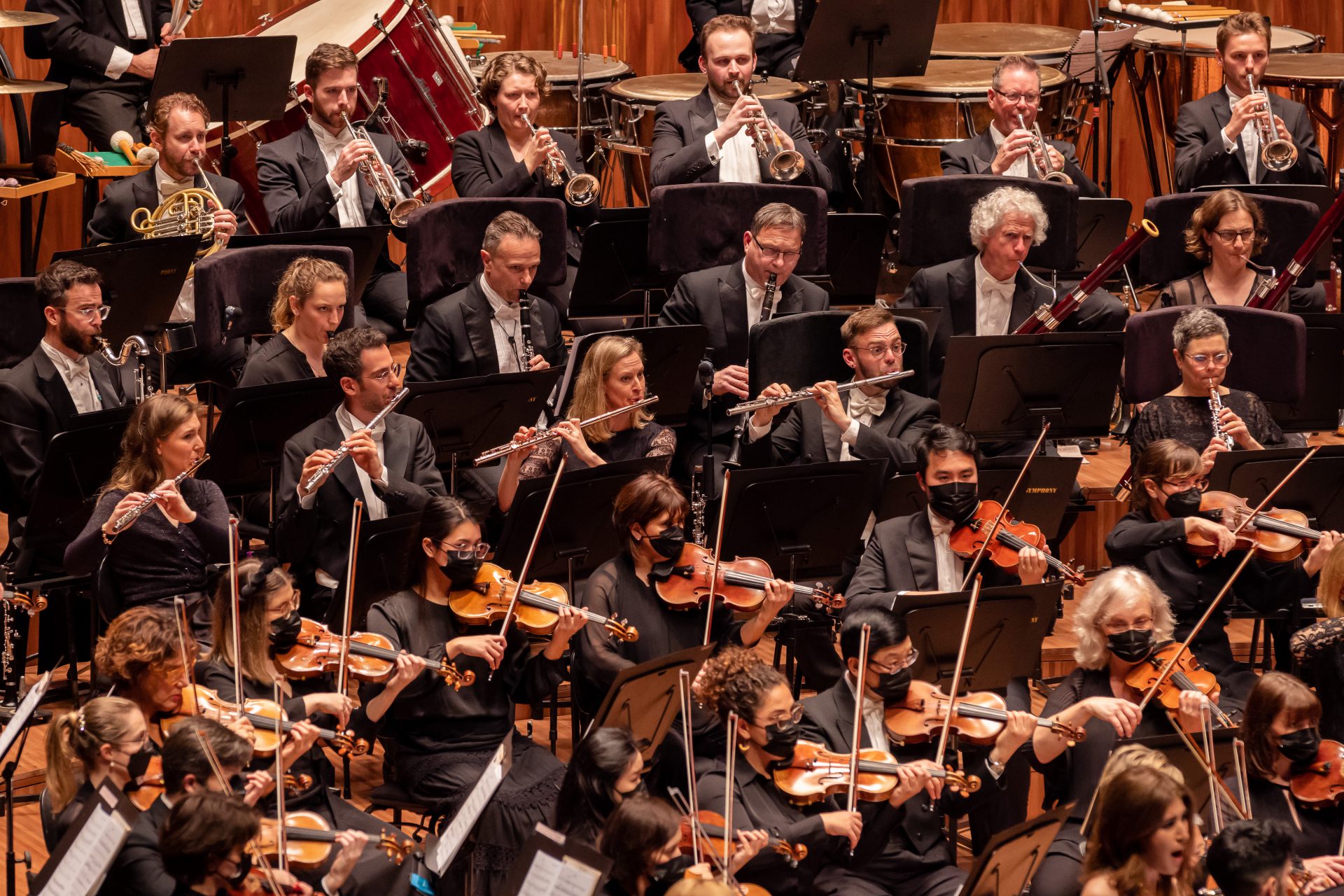It is not every day that the Sydney Symphony Orchestra performs works from the Baroque.
It is still less usual to have the SSO’s principal conductor, Simone Young, lead the SSO from a harpsichord. All this is a testament to the creative diversity of the SSO under her leadership.
First was Bach’s Brandenburg Concerto No 3. The opening movement is the epitome of the Baroque concerto grosso – light, exciting and elegant. But then the question on every audience-member’s mind when confronted with this piece: what on earth will they do with the second movement? The terse second movement consists of a two-note cadence. The SSO took this as an invitation to improvise. Young introduced the rather short theme, which was then picked up by the viola and Andrew Haveron on violin, in turn. The galloping third movement then raced to the finish line.
CPE Bach’s Flute Concerto in G major is clearly born of a different age. It lacks the sophistication and development of a JS concerto. Even so, it capitalises on that distinctive fad of the Empfindsamer Stil – rapid contrasts between loud and soft. However, the SSO seemed at times to let those contrasts slip. The highlight of the first movement was flautist Joshua Batty’s closing cadenza. His articulation gave the impression of the spoken word. In the second movement, Young chose to play continuo with the buff stop, and often arpeggiated, which gave a delightful lute-like effect. Batty’s performance in the second movement showed that he was equally comfortable in slow, sparse melodies as in rushing passages.
After the interval came Mozart’s Jupiter Symphony. That symphony has received much airtime this year. It was performed only recently by the Australian Brandenburg Orchestra on period instruments and to great acclaim. The opening bursts, which are redolent of Haydn, were here played more legato than expected. Young did well in emphasising the imposing silence that comes before the orchestra resumes fortissimo. The strings were also well-synchronised. The flute duet in the second movement, again featuring Joshua Batty, was a moment to behold. And there was an admirable independence of voices in the heavily contrapuntal final movement. Each theme could be made out clearly.
